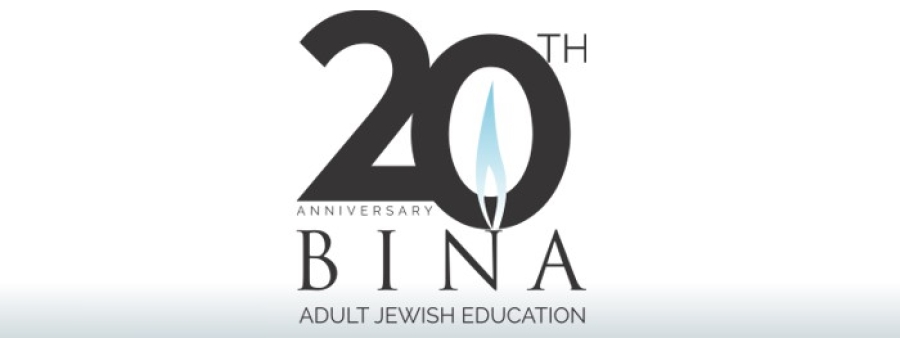Question:
My conversion process has been a huge learning curve. One of the many challenges is getting my head around all the terminology. I can finally pronounce Chanukah correctly, and I now know the difference between Kiddush and Kaddish (was embarrassing when I didn't), but there is one word that still confuses me: Shkoyach (spelling?). I hear people shout "shkoyach" after the rabbi's sermon, after someone gets called to the Torah, and sometimes even when I pass the herring at the Shabbos table. What exactly does shkoyach mean and when is the right time to say it?
Answer:
According to the Oxford Etymological Dictionary of Jewish Jargon[*], Shkoyach is a condensed version of the Hebrew phrase Yeyasher Kochacha, literally, "May your strength be extended." Ironically, the word "extended" was shortened, and people didn't have the koach (strength) to say the two guttural 'ch' sounds at the end, so it became Yasher Koach, which when said quickly sounds like Shkoyach.
Shkoyach is a versatile expression. It can be used to say bravo for a great sermon, good on you for being called to the Torah, or thank you for passing the herring. But the meaning is always the same. You have done something good, you should have the strength to do more.
This is much deeper than just saying thank you. Thank you is an acknowledgement of the good deed that has been done in the past. Shkoyach also encourages more good deeds in the future. It is bravo and encore rolled into one.
The message is that no matter how much good we have done, we can always increase. No matter how much we know, we can always learn more. As you know from your conversion process, in Judaism the learning never ends. The Talmud says, "Don't be shy to ask, or you will never learn."
So I'm glad you asked. Shkoyach for the question.
[*] Soon to be published, B'ezras Hashem (with G-d's help)
~ Rabbi Aron Moss
